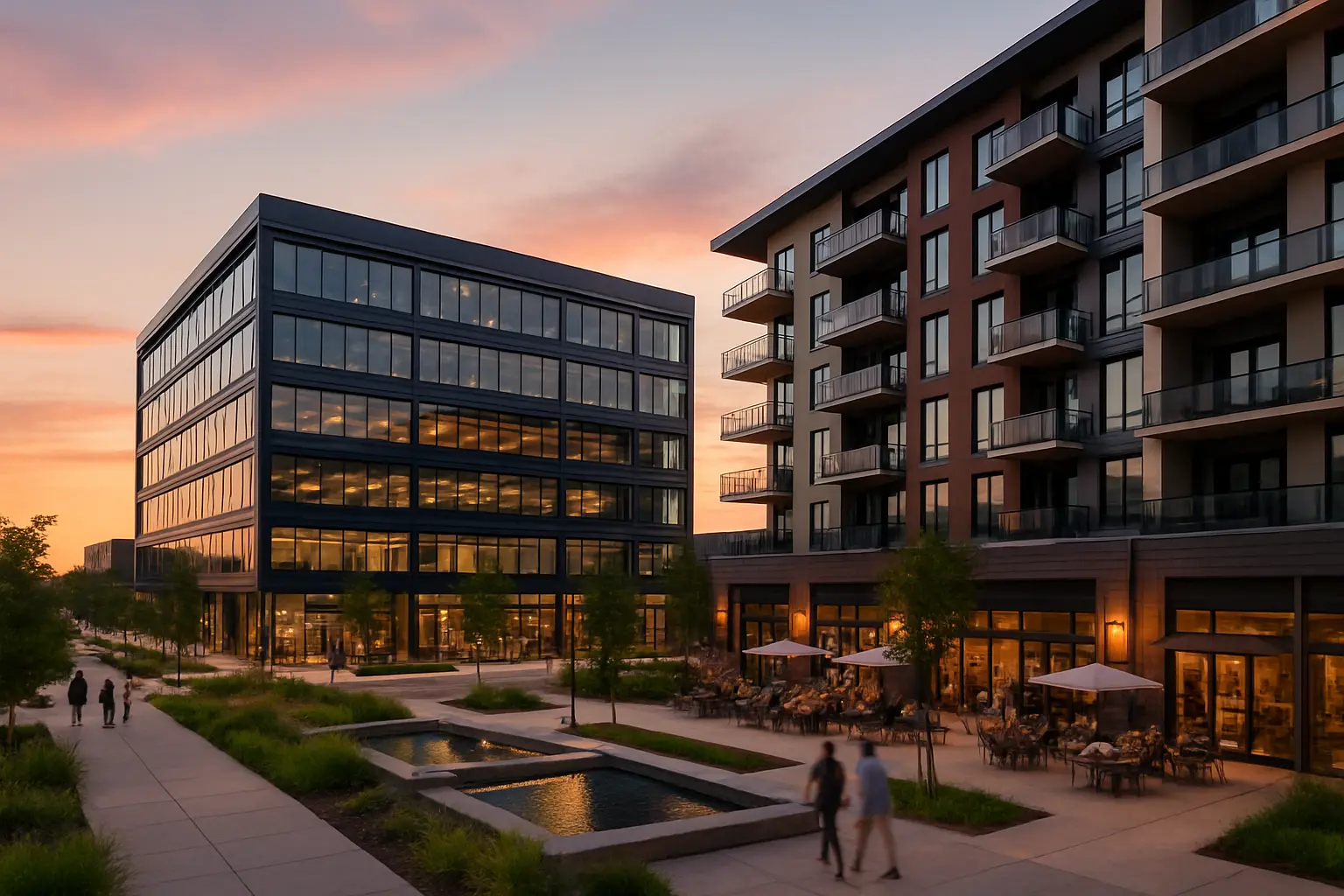The Urban-Suburban Fusion: Metro Detroit's Commercial Real Estate Renaissance
Discover how mixed-use developments are transforming communities from Royal Oak to Birmingham into thriving live-work-play destinations

The Evolution of Metro Detroit's Commercial Landscape
Metro Detroit's commercial real estate sector is undergoing a remarkable transformation, with mixed-use developments emerging as the cornerstone of suburban revitalization. From Royal Oak to Birmingham, traditional business districts are evolving into dynamic spaces that seamlessly blend retail, office, and residential components.
Communities across southeastern Michigan are witnessing an unprecedented shift in commercial development patterns. These new developments are characterized by:
- Walkable streetscapes with ground-floor retail
- Modern office spaces designed for flexibility
- Luxury residential units integrated within commercial zones
- Public gathering spaces and green infrastructure
Strategic Investment Opportunities
The Metro Detroit market presents compelling opportunities for investors and developers, with several areas showing exceptional promise. Key growth corridors include:
Emerging Markets
- Troy: Technology corridor expansion with Class A office space
- Novi: Retail-focused developments with entertainment components
- Ann Arbor: Research and innovation district growth
Market analysis indicates a steady appreciation in property values, particularly in areas with strong transportation infrastructure and proximity to amenities. Investment returns in these submarkets have consistently outperformed traditional commercial properties.
The New Work-Life Integration
Post-pandemic workplace evolution has catalyzed significant changes in commercial space design. Modern developments now prioritize:
- Flexible office configurations with hybrid work capabilities
- Enhanced ventilation and wellness features
- Outdoor workspace options
- Community-focused amenities
"The future of commercial real estate lies in creating environments that seamlessly blend work, life, and leisure activities," notes a prominent local developer. "Metro Detroit is at the forefront of this transformation."
Future Growth Projections
The long-term outlook for Metro Detroit's commercial real estate market remains robust, driven by several key factors:
Market Drivers
- Growing demand for mixed-use developments
- Increasing population of young professionals
- Strong corporate investment in the region
- Enhanced public transportation initiatives
Investors and business owners can expect continued market expansion, with particular strength in submarkets that embrace the live-work-play concept. Sustainability features and smart building technology are becoming increasingly important factors in property valuation and tenant attraction.
As Metro Detroit continues its commercial renaissance, the integration of modern amenities with traditional suburban charm creates unique opportunities for investors, developers, and community stakeholders alike. The region's transformation serves as a model for suburban revitalization across the nation.


